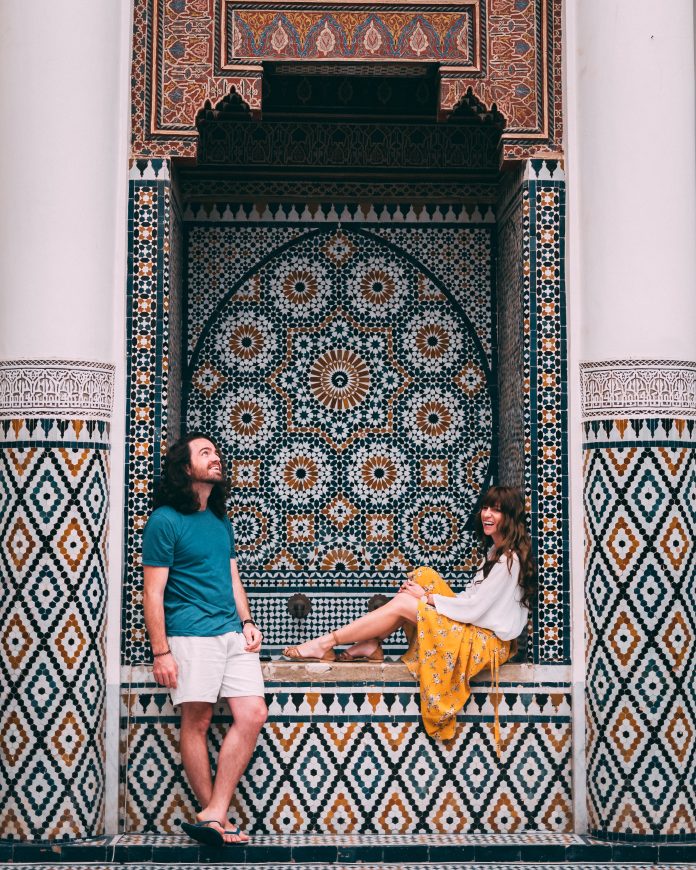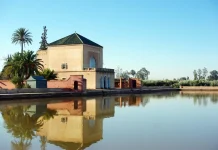Morocco, a land of vibrant colours, wealthy history, and enchanting landscapes, offers travelers a novel opportunity to immerse themselves within the spirit of Ramadan. As the ninth month of the Islamic lunar calendar, Ramadan holds significant cultural and non secular importance for Muslims worldwide. For travelers, visiting Morocco during Ramadan unveils a tapestry of traditions, rituals, and culinary delights, albeit with its own set of benefits and downsides.
Advantages of travelling to Morocco during Ramadan:
- Cultural Immersion: Ramadan in Morocco provides a profound insight into the country’s Islamic heritage and traditions. From witnessing the mesmerizing call to prayer echoing through the labyrinthine streets of ancient cities to participating in communal Iftar (breaking of the fast) gatherings, travelers have the possibility to have interaction with locals on a deeper level.
- Spiritual Atmosphere: The palpable sense of spirituality permeates the air during Ramadan. From the bustling medinas to the tranquil riads, travelers can partake in spiritual practices reminiscent of visiting mosques, observing Taraweeh prayers, and reflecting on the importance of fasting in Islam.
- Festive Ambiance: Despite the daytime fasting, evenings come alive with vibrant energy as families and communities come together to share hearty meals and have fun the breaking of the fast. Streets adorned with colourful lights, bustling night markets, and the aroma of traditional delicacies create a fascinating atmosphere for travelers to experience.
- Culinary Delights: Ramadan is synonymous with an array of mouthwatering Moroccan dishes. From savory tagines and fluffy couscous to sweet pastries reminiscent of chebakia and sellou, travelers have the chance to take pleasure in a gastronomic adventure like no other.
Disadvantages of travelling to Morocco during Ramadan:
- Limited Availability of Services: During Ramadan, operating hours for outlets, restaurants, and tourist attractions could also be significantly reduced. Travelers should plan their itineraries accordingly to accommodate for potential closures and limited services, especially during sunlight hours.
- Decreased Energy Levels: With fasting being an integral a part of Ramadan, travelers may find themselves navigating the bustling streets and attractions with reduced energy levels in the course of the daytime. It’s essential to remain hydrated and pace oneself to totally benefit from the travel experience.
- Restricted Alcohol Service: As alcohol consumption is prohibited for Muslims during Ramadan, travelers may find limited availability of alcoholic beverages in restaurants and bars. Those wishing to enjoy alcoholic drinks should concentrate on this restriction and plan accordingly.
- Increased Crowds: Despite the slower pace of life in the course of the daytime, popular tourist destinations may experience increased crowds within the evenings as locals and visitors alike gather for Iftar celebrations and nighttime activities. Travelers needs to be prepared for crowded streets and venues, especially in popular tourist spots.
In Conclusion:
Traveling to Morocco during Ramadan offers a charming mix of cultural immersion, spiritual enrichment, and culinary exploration. While there are particular challenges to navigate, the rewards of experiencing this holy month in Morocco far outweigh the disadvantages. From the colourful festivities to the soul-stirring moments of reflection, Ramadan in Morocco guarantees an unforgettable journey for travelers in search of a deeper reference to the country’s traditions and heritage.
Escape the ordinary and discover the extraordinary! From bustling cities to serene landscapes, every journey begins with a single step—let us guide yours. Enjoy curated itineraries, hidden gems, and hassle-free bookings designed for explorers at heart. Whether it's a weekend getaway or a globe-trotting adventure, your Next unforgettable experience is just a click away.










